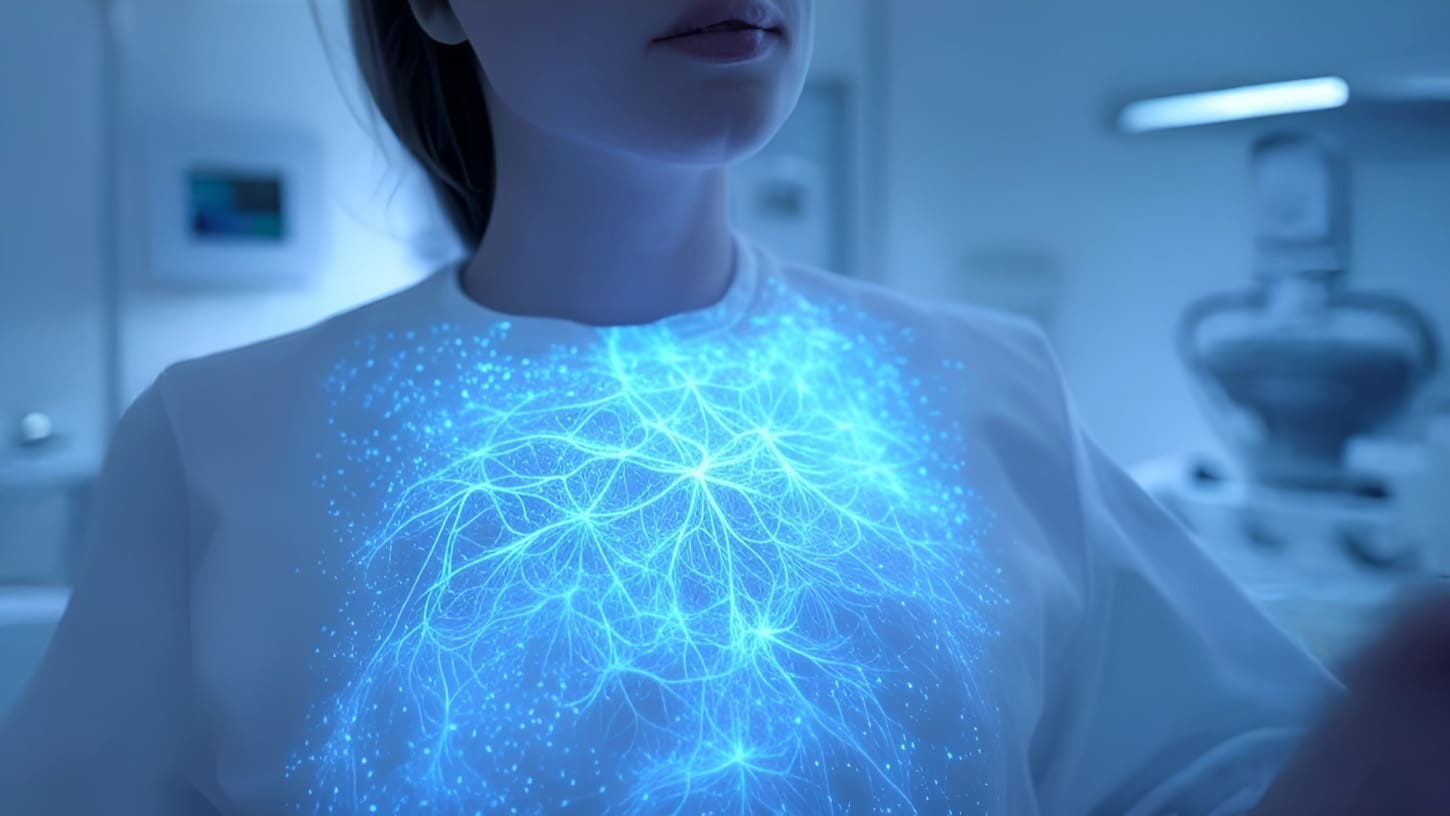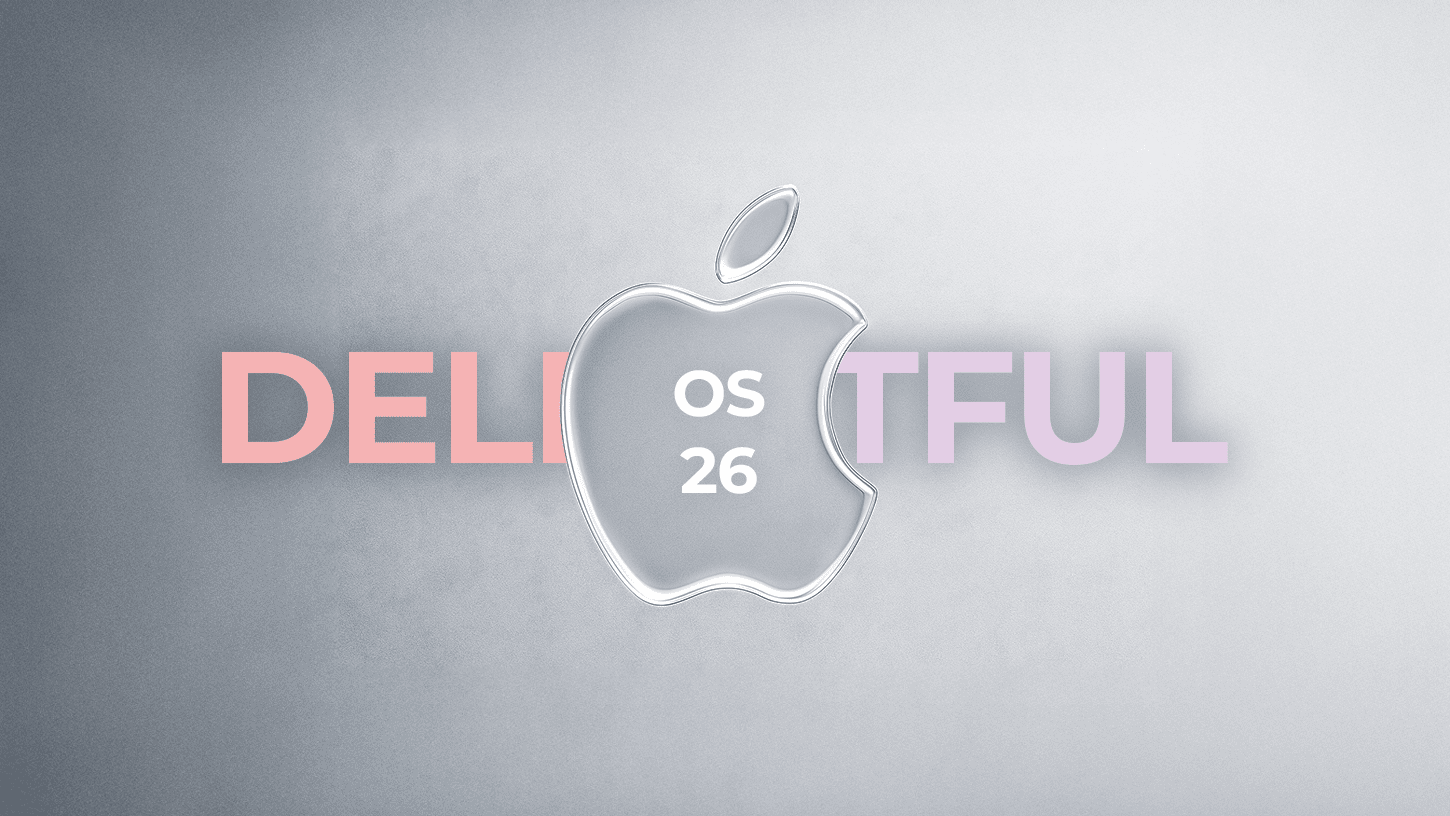AI and the Fight Against Breast Cancer: A New Era of Early Detection

Imagine a future where breast cancer is detected earlier than ever before, before it spreads, before it becomes life-threatening, before it changes lives forever. That future is no longer just a possibility, it’s becoming a reality thanks to artificial intelligence (AI). By leveraging powerful algorithms to analyze medical images with unprecedented accuracy, AI is enhancing early detection, reducing misdiagnoses, and revolutionizing breast cancer screenings. With each advancement, AI is reshaping the fight against one of the most prevalent diseases worldwide.
AI’s Role in Early Breast Cancer Detection
Early detection can mean the difference between a treatable condition and a life-threatening diagnosis. Mammograms, ultrasounds, and MRIs have long been the gold standard for detecting breast cancer, but they are not perfect. Traditional screenings can sometimes miss cancerous growths or produce false positives, leading to unnecessary anxiety and medical procedures.
AI is changing the game by improving the accuracy of breast cancer screenings. Machine learning algorithms can analyze thousands of mammograms and identify abnormalities with a precision that rivals or even surpasses human radiologists. By recognizing patterns in medical images that may not be visible to the human eye, AI reduces false negatives and enhances early diagnosis rates.
Some AI models have already been integrated into hospital workflows, giving radiologists a second opinion. Studies have shown that AI-supported screening can detect breast cancer up to two years earlier than conventional methods, giving patients a crucial head start in seeking treatment.
Beyond Detection: AI’s Role in Personalized Treatment
AI is not just improving detection, it is also helping doctors create more personalized treatment plans. By analyzing patient data, including genetics, lifestyle factors, and medical history, AI can predict how a patient will respond to different therapies.
For example, AI-driven tools can help oncologists determine the most effective chemotherapy regimen or suggest targeted therapies based on a tumor’s genetic profile. This personalized approach increases the chances of successful treatment while minimizing side effects.
Additionally, AI is being used in pathology to analyze biopsies more quickly and accurately, ensuring that patients receive timely and precise diagnoses.
The Broader Impact of AI in Healthcare
AI’s impact is not limited to breast cancer, it is revolutionizing the entire healthcare sector in multiple ways:
- Enhanced Diagnostics Across Specialties – AI-powered tools are improving the detection of diseases like lung cancer, heart disease, and neurological disorders. AI can analyze medical images, detect anomalies, and provide early warnings for a range of conditions.
- Predictive Analytics for Preventive Medicine – AI can assess patient data to predict the likelihood of developing certain diseases, allowing for early interventions and lifestyle adjustments.
- Streamlined Administrative Workflows – AI-powered chatbots and virtual assistants help with scheduling, medical record management, and patient inquiries, freeing up time for healthcare professionals to focus on direct patient care.
- Faster Drug Discovery and Development – AI accelerates the process of identifying new drug candidates, reducing the time and cost associated with traditional pharmaceutical research.
- Remote Monitoring and Telemedicine – AI-driven wearable devices continuously monitor vital signs, helping doctors track patients’ health conditions in real time and reducing the need for frequent hospital visits.
By improving efficiency, accuracy, and personalization, AI is helping bridge global healthcare gaps, making quality medical care more accessible and effective.
Early Days, Bright Future
Despite these advancements, we are still in the early stages of AI integration in healthcare. As technology evolves, we can expect even more powerful AI-driven solutions, from real-time health monitoring to AI-assisted robotic surgeries. However, challenges such as ethical concerns, data privacy, and regulatory frameworks must be addressed to ensure AI’s responsible deployment.
The future of healthcare is AI-enhanced, and its role in the fight against breast cancer is just the beginning. With continued research, innovation, and collaboration between medical professionals and AI developers, we are entering a new era where early detection and precision medicine will save more lives than ever before.
The battle against breast cancer is far from over, but with AI as an ally, the odds of winning are improving every day.






